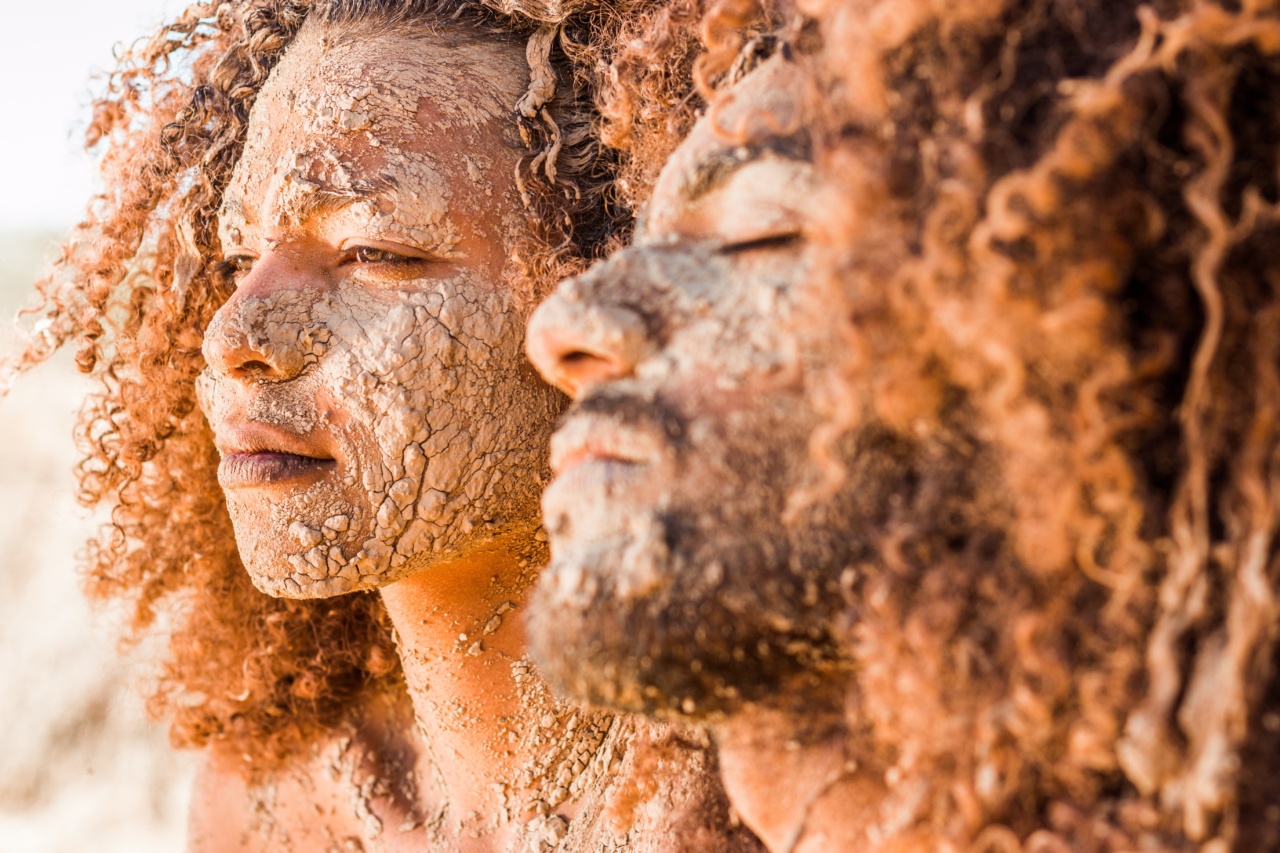When your eyes feel dry and irritated, it can be a real nuisance. Dry eyes can be caused by a variety of factors such as prolonged screen time, aging, dry climate, allergies, or certain medical conditions.
If you’re experiencing this uncomfortable condition, don’t worry! There are several easy ways to relieve and soothe dry eyes, allowing you to get back to your day-to-day activities with comfort and ease.
The Importance of Blinking Regularly
One of the most straightforward but overlooked remedies for dry eyes is simply blinking more often. Blinking helps to spread a tear film across the surface of your eyes, keeping them moisturized.
However, when we focus intently on screens or tasks, we tend to blink less frequently. Therefore, consciously making an effort to blink regularly can significantly help reduce dryness and irritation.
Use Artificial Tear Drops or Lubricating Ointments
Artificial tears, which are available over the counter, are specially formulated to mimic natural tears. They can help soothe and lubricate dry eyes. Lubricating ointments are also a good option, especially if you experience more severe dryness at night.
These ointments create a protective layer over your eyes, preventing moisture loss during sleep.
Avoid Dry Environments and Use a Humidifier
Dry environments, especially during winter or in air-conditioned spaces, can exacerbate dry eye symptoms. If possible, try to avoid spending prolonged periods in such conditions.
If you cannot avoid them, using a humidifier in your workspace or bedroom can add moisture to the air and help prevent dryness in your eyes.
Take Regular Breaks
Whether you’re working on a computer, reading, or doing any visually demanding task, it’s essential to take regular breaks. Staring at a screen or focusing intently for long periods can strain your eyes and contribute to dryness.
Every 20 minutes, try to look away from your screen and focus on a distant object for at least 20 seconds. This simple habit can significantly reduce eye strain and keep your eyes lubricated.
Protect Your Eyes
If you spend a lot of time outdoors, it’s crucial to protect your eyes from harsh winds and sunlight, which can worsen dryness. Wear sunglasses that wrap around your eyes to shield them from direct wind exposure.
Additionally, consider wearing glasses with side shields to shield the eyes from drafts in indoor environments.
Review Your Medication
Some medications, including antihistamines, antidepressants, and blood pressure medications, can contribute to dry eyes. If you suspect that your medication is causing your dry eye symptoms, consult with your doctor to discuss potential alternatives.
Do not stop taking any prescribed medication without medical advice.
Avoid Smoking and Smoky Environments
Smoking and exposure to smoky environments can irritate and dehydrate your eyes, leading to dryness and discomfort. Quitting smoking or avoiding such environments can help improve your overall eye health and reduce dry eye symptoms.
Eat a Healthy Diet and Stay Hydrated
A well-balanced diet rich in omega-3 fatty acids, vitamins A, C, and E, and other essential nutrients can promote eye health and reduce dryness.
Additionally, staying hydrated by drinking an adequate amount of water throughout the day helps maintain overall body hydration, including the moisture levels in your eyes.
Apply Warm Compresses
If your dry eyes feel tired and irritated, applying a warm compress can provide instant relief. Soak a clean washcloth in warm water, wring out the excess water, and place it gently over your closed eyelids.
Leave it there for a few minutes, allowing the warmth to relax your eye muscles and stimulate tear production.
Consult an Eye Care Professional
If your dry eye symptoms persist or worsen despite trying the above remedies, it’s important to visit an eye care professional for a comprehensive evaluation.
They can assess your condition, identify any underlying causes, and recommend appropriate treatments, such as prescription eye drops or other specialized therapies.




























